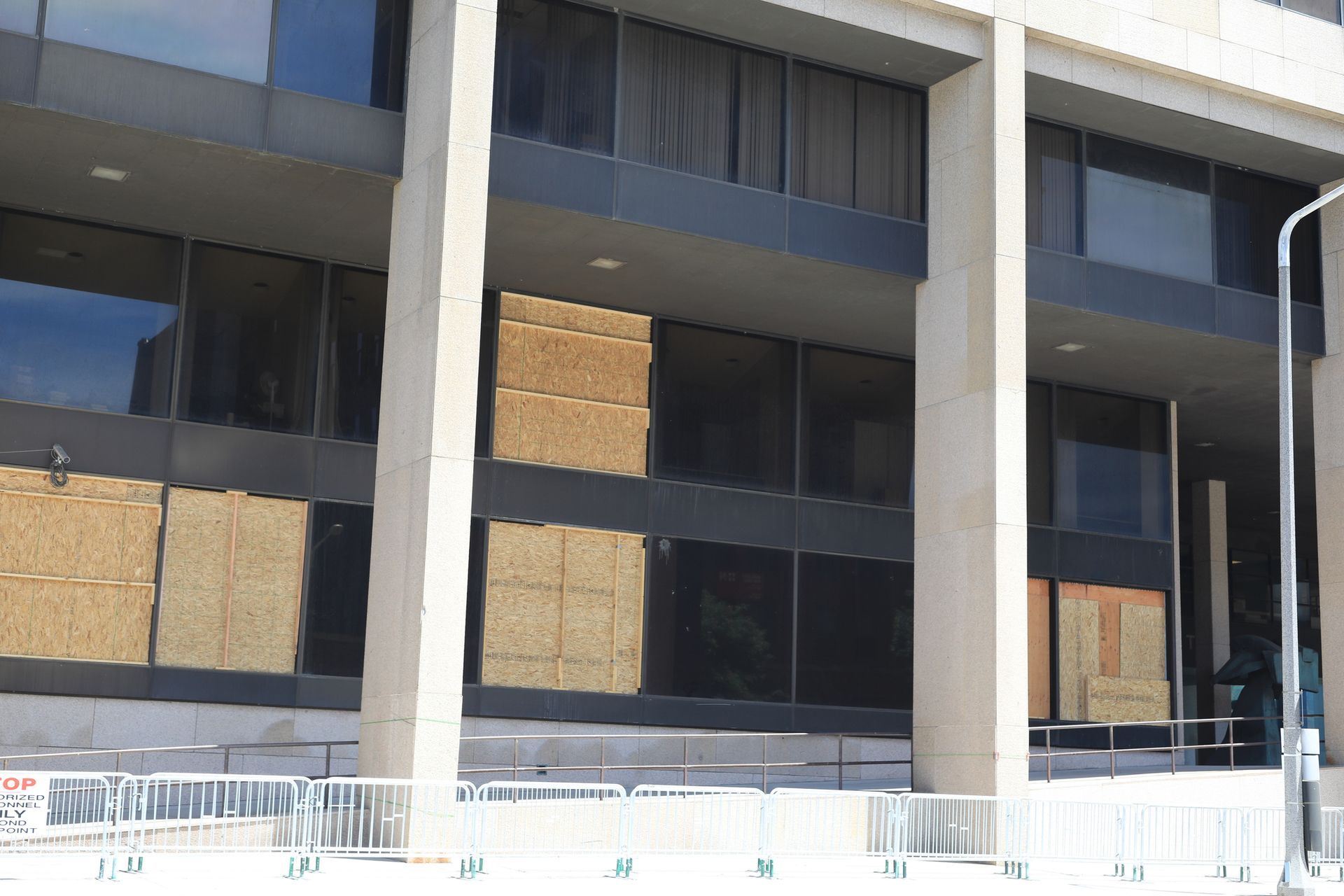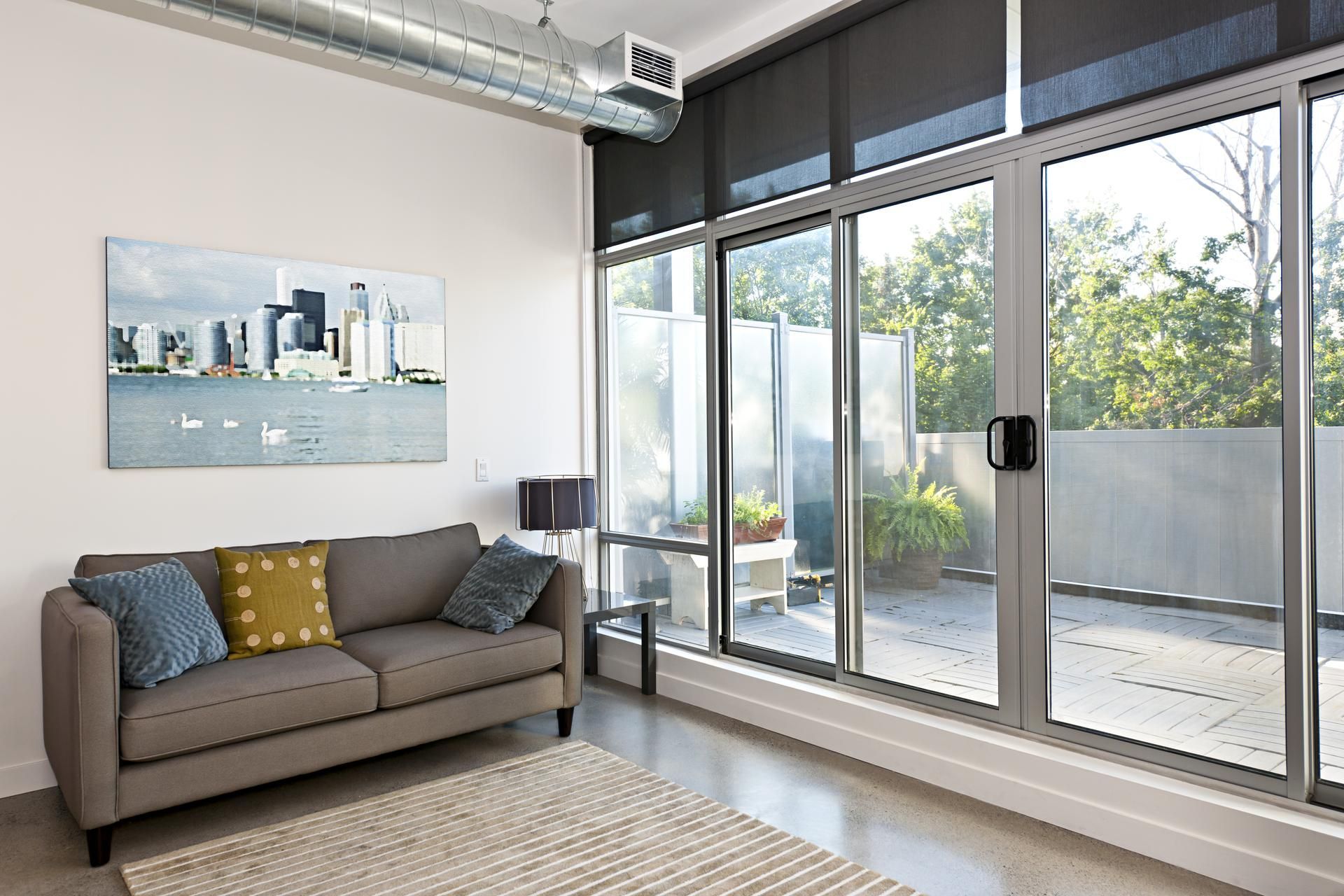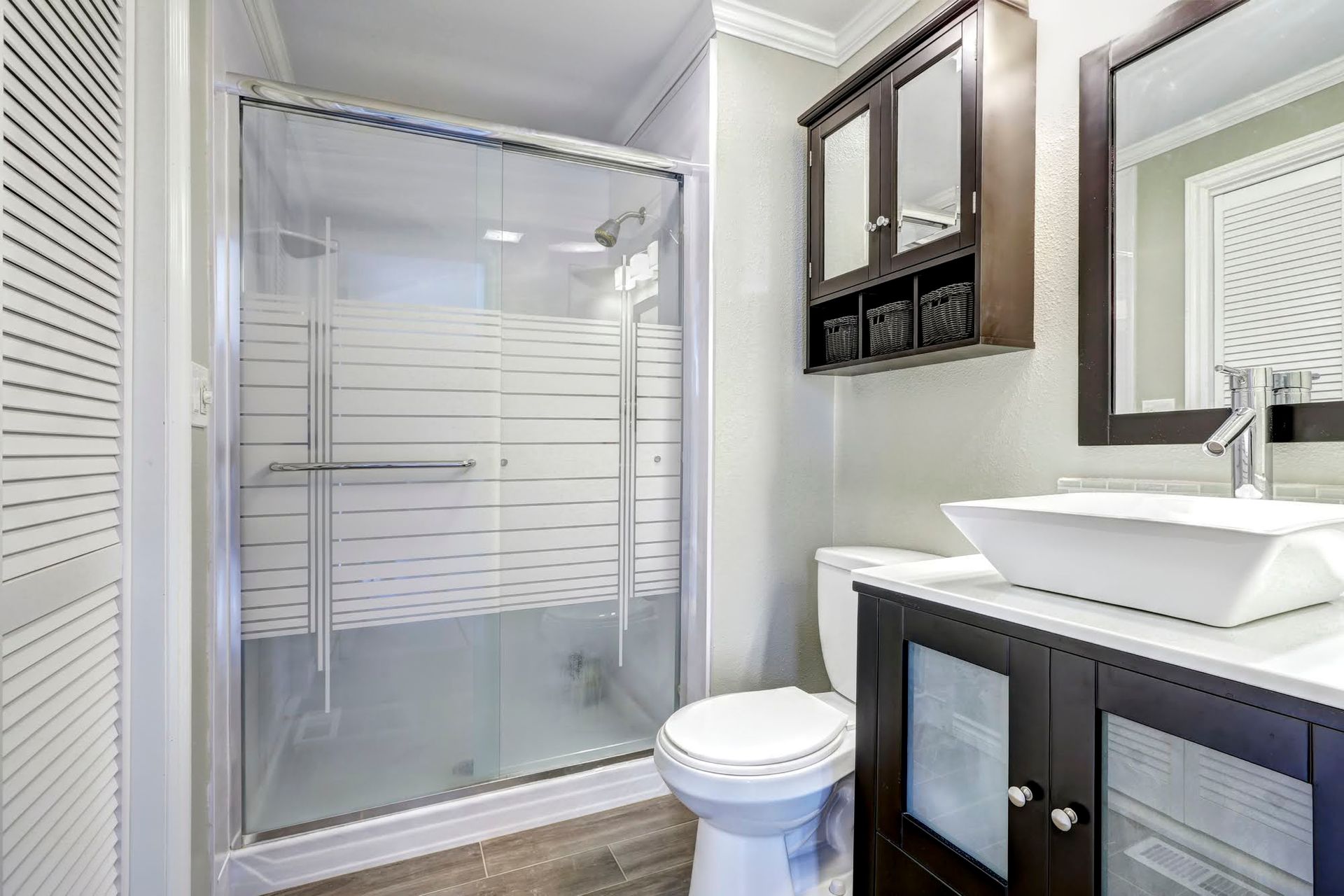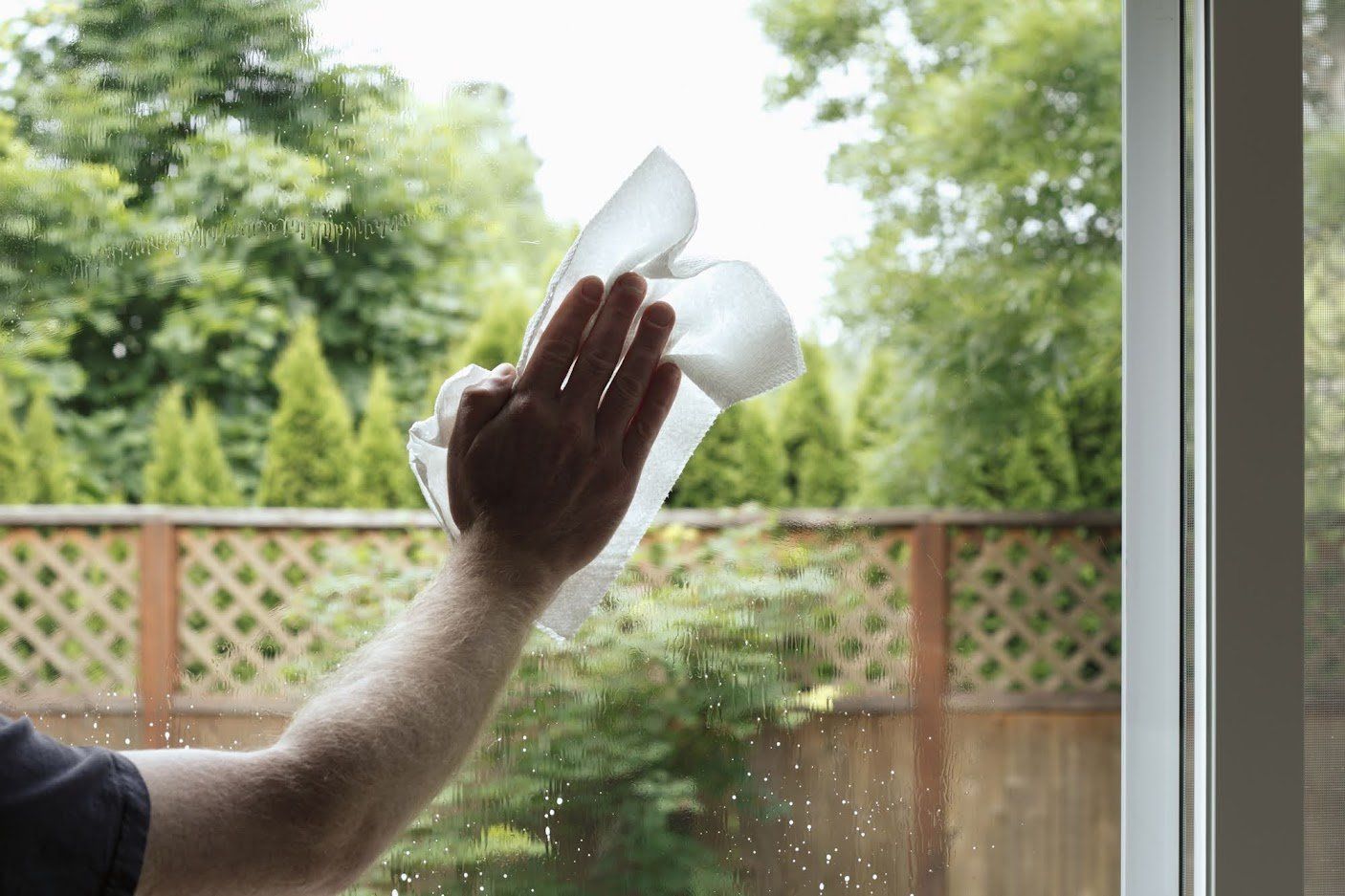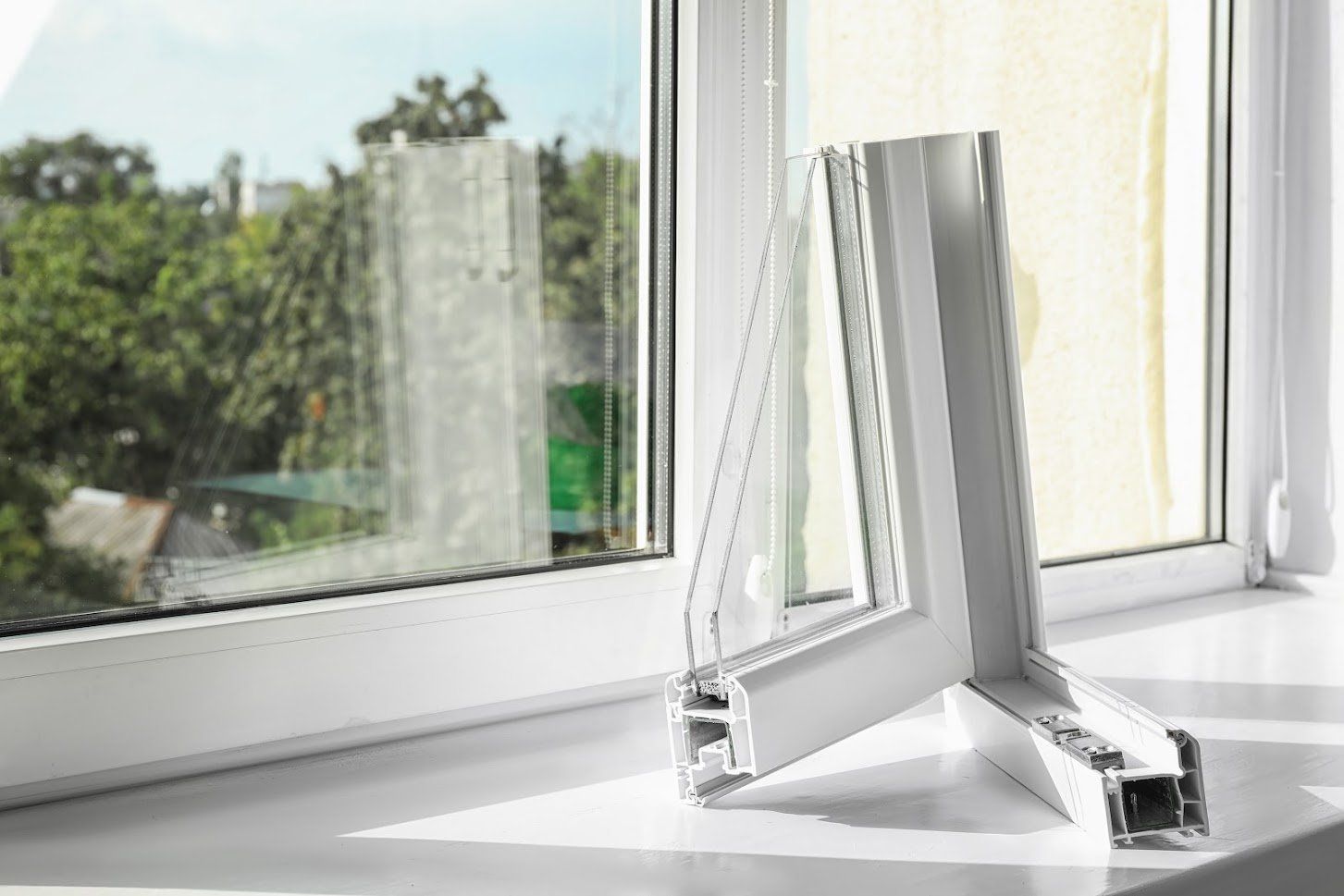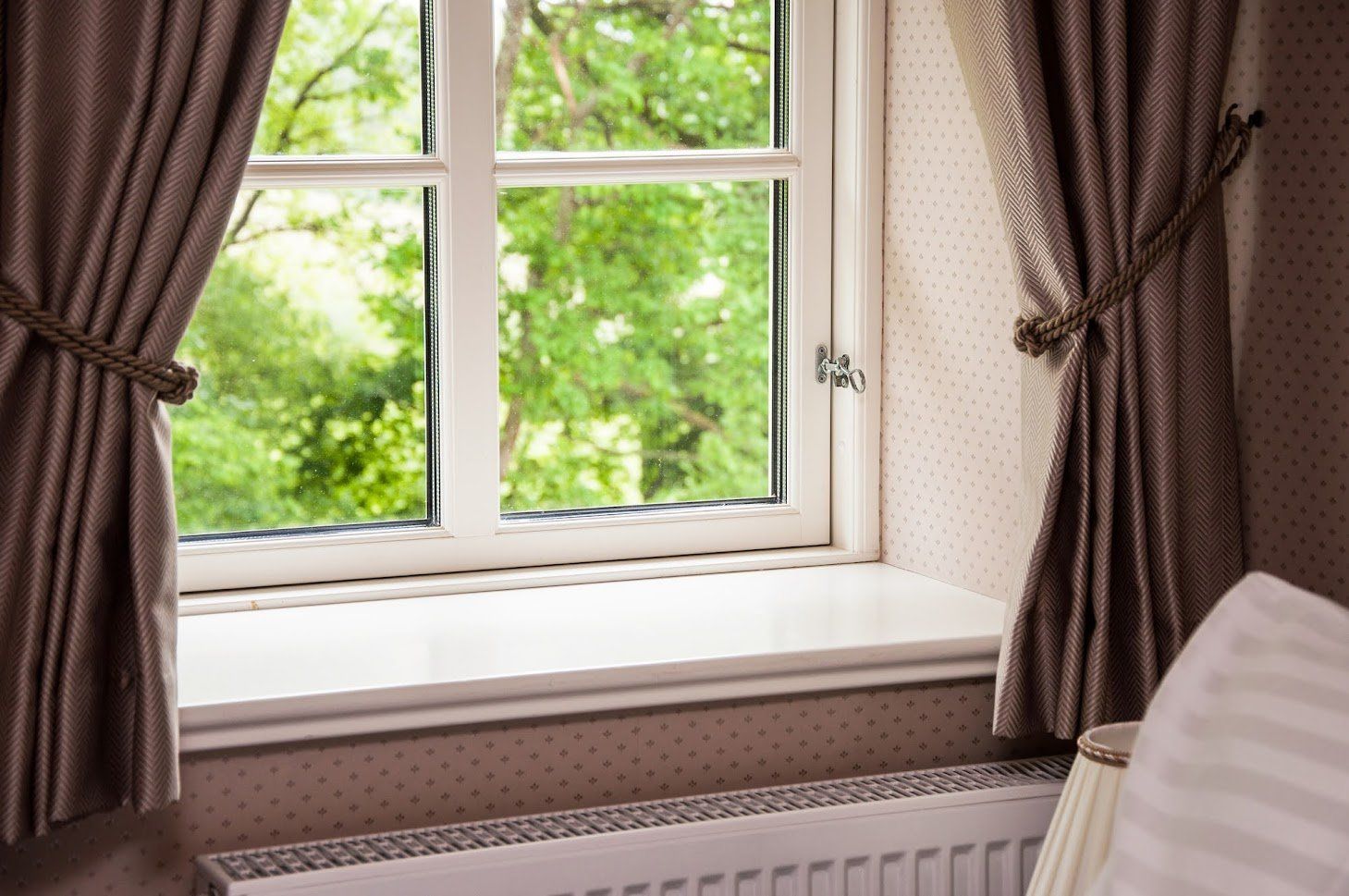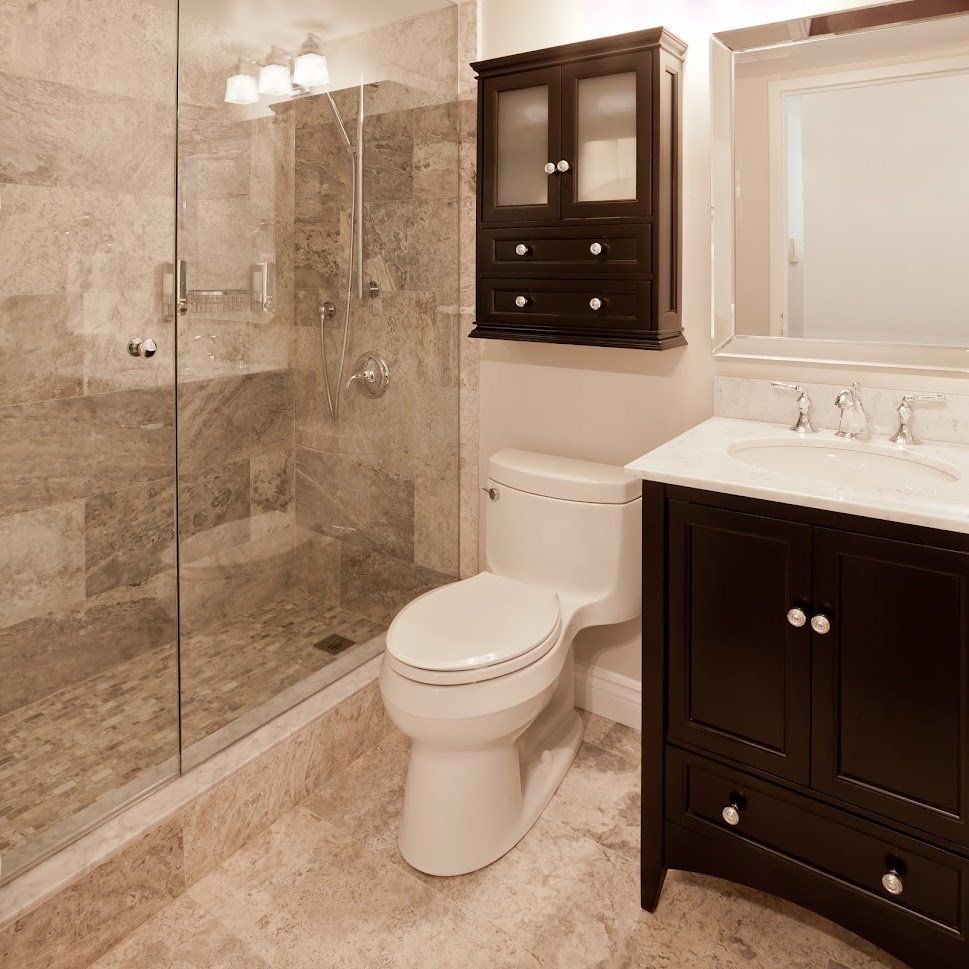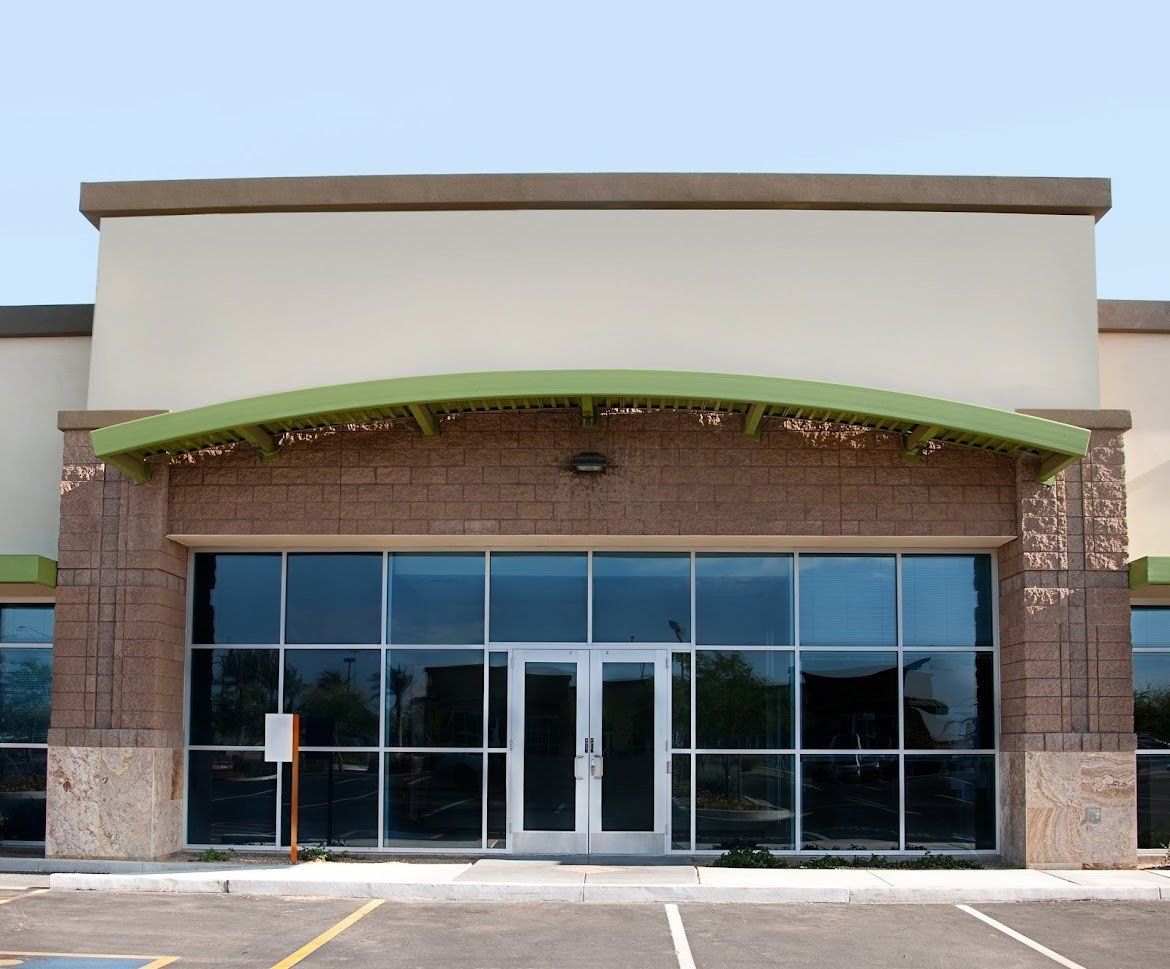7 Factors to Consider When Replacing Your Windows
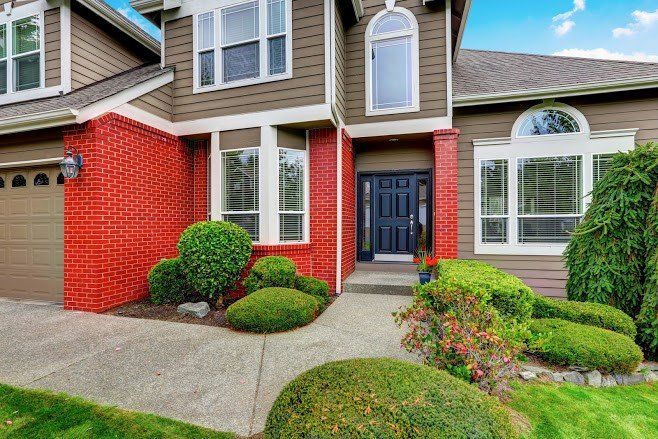
In 2019, residential work accounted for 67% of the renovation projects done in the construction market. A significant percentage of these projects focused on enhancing energy efficiency, including the installation of energy-efficient windows.
Window replacement is a significant improvement project that can offer many benefits. Some warning signs that it’s time to replace your windows include high energy bills, excess penetration of outside noise, water damage, cracks, and difficulty when opening or closing. The following are factors to consider when replacing your windows.
1. Expertise
With hundreds of online videos on how to replace windows, you might be tempted to do it yourself. However, you might make a few mistakes that can affect the structural integrity of your home.
Therefore, you should work with a professional who knows the right window type and the appropriate installation methods. For example, if you live in a humid area, the expert will choose windows with a high condensation factor. This may not be the case if you do it yourself.
2. Kids' Safety
You need to know if the new windows are safe for your children. For example, floor-to-ceiling windows offer adequate natural light, enlarge smaller rooms, and improve curb appeal, but when opened, they can pose a safety risk to your children. Hence, you should choose a safer window type if you have kids.
Ensure your replacement windows have sufficient locking systems to have peace of mind when you leave the kids home alone.
3. Types of Glass
You will find different types of window glasses on the market, so you should know which one works best for your home. Examples include float, tempered, safety laminated, tinted, annealed, and insulated glasses.
For example, float glass is thin and should only be used on windows that can't allow entry into your house. Laminated glass is strong and transparent, which means it can be used on large windows, while tinted glass is ideal for rooms that need privacy.
Insulated glass reduces heat loss during cold weather and heat gain during summer, so it is an excellent option if you want to enhance energy efficiency in your home.
4. Types of Frames
Window frames don’t only hold the glass in place but also improve durability, energy-efficiency, and aesthetics. The common types of window frames are made of wood, fiberglass, aluminum, composite, and vinyl. Each of these materials has its pros and cons.
For instance, vinyl is great at energy efficiency, while fiberglass is strong and durable. Your objective for replacing windows should help you narrow down your options.
5. Safety Codes
Window safety codes are set by federal, state, and local governments. Therefore, you need to know the codes of your region to avoid legal issues. For example, your windows should be strong enough to withstand the wind speed of your location.
The codes may require you to use tempered glass in some places, such as the bathroom, to reduce the risk of injury since this glass breaks into dull pieces. The professionals will help you understand and adhere to these codes.
6. Home's Foundation
Foundation problems could also cause cracks near your windows and difficulty when opening or closing. Therefore, before replacing your windows, hire an expert to inspect your foundation. If the foundation issue is not solved, your replacement windows will experience the same problems.
7. Budget
Like any other renovation project, you also need to have a realistic budget when replacing your windows. Your budget will help determine if you can replace all your windows at once or not.
If you have a tight budget, you can replace windows on the front side of the house first, then move to the back area, and finish with the upstairs. The experts will help plan and implement the window replacement project without stretching your budget.
Window replacement is a project that every homeowner will undertake at some point. Bob’s Glass offers quality window replacement services, and we have a wide range of window selection to choose from. Contact us today for a quote.


